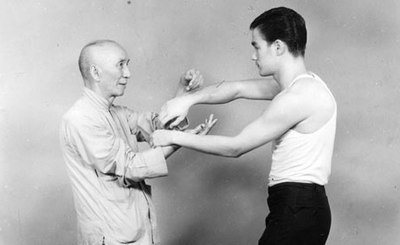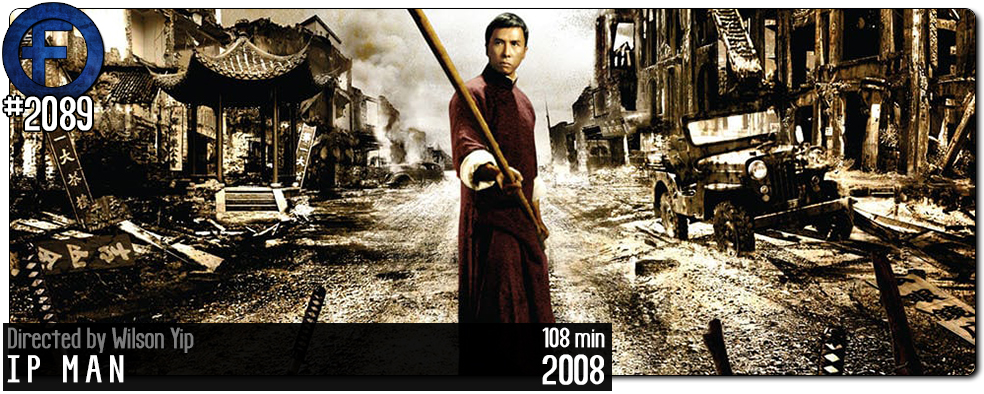Movie Review – Ip Man
Principal Cast : Donnie Yen, Lynn Hung, Kiroyuki Ikeuchi, Tenma Shibuya, Gordon Lam, Fan Siu-wong, Simon Yam, Xing Yu, Wong You-nam, Li Chak, Calvin Cheng, Chen Zhihui.
Synopsis: During the Japanese invasion of China, a wealthy martial artist is forced to leave his home when his city is occupied. With little means of providing for themselves, Ip Man and the remaining members of the city must find a way to survive.
********
The Ip Man franchise has always been one of those “I’ll get around to it one day” properties for me, sitting comfortably in my Netflix queue but always – for one reason or another – being pushed aside by other, often “more important” films. Recent viewings of Scott Adkin’s Accident Man films and subsequently realising the actor had appeared in Ip Man 4: The Finale triggered something in the back of my mind, a latent resolve to actually get off my backside and finally watch these highly regarded and quite obviously lovingly made martial arts films. Regarded as a legend in martial arts, Ip Man was a real-life martial artist and grandmaster of the Wing Chun martial art in the early 20th century, renowned also as a teach of students in his philosophy – most notable of which was Bruce Lee himself – before his passing in 1972. The man’s status is culturally significant in his home state of Hong Kong, and the broader Asian martial arts community, and a number of films about his life, or as a side character in films about martial arts, have been made over the years. Few have had the impact of Donnie Yen’s broadly fantastical Ip Man series, of which there are four films to-date, beginning with this one, directed by Wilson Yip, in 2008.

In Fo-shan, a city in the South of China, a large number of schools involving martial arts training have sprung up. One of the grandmasters, Ip Man (Yen), leads a respectably quiet life with his wife Cheung (Lynn Hung) and young son Zhun (Li Chak), allowing various other masters to fight him in his private residence to protect their legacy. After the Japanese invade China as part of the Second World War, Ip Man and his family’s wealthy residence is assumed by the invading army, and he, his family and his friends are all forced to work and beg for food, a terrifying existence at the bottom of a Japanese military boot. A sadistic Japanese commander, General Miura (Kiroyuki Ikeuchi) and his cruel lieutenant, Colonel Sato (Tenma Shibuya) find pleasure in recruiting disenfranchised martial artists to fight his own soldiers, often for food as a reward, that is until Ip Man steps into the frame and easily defeats ten of his best fighters. As life in Fo-shan becomes more intolerable at the hands of a renegade band of brigands – led by Jin (Fan Siu-wong) – and the lives of his family become the target of Japanese aggression, Ip Man must take up the order to a one-on-one fight with Miura for the soul and pride of his nation.
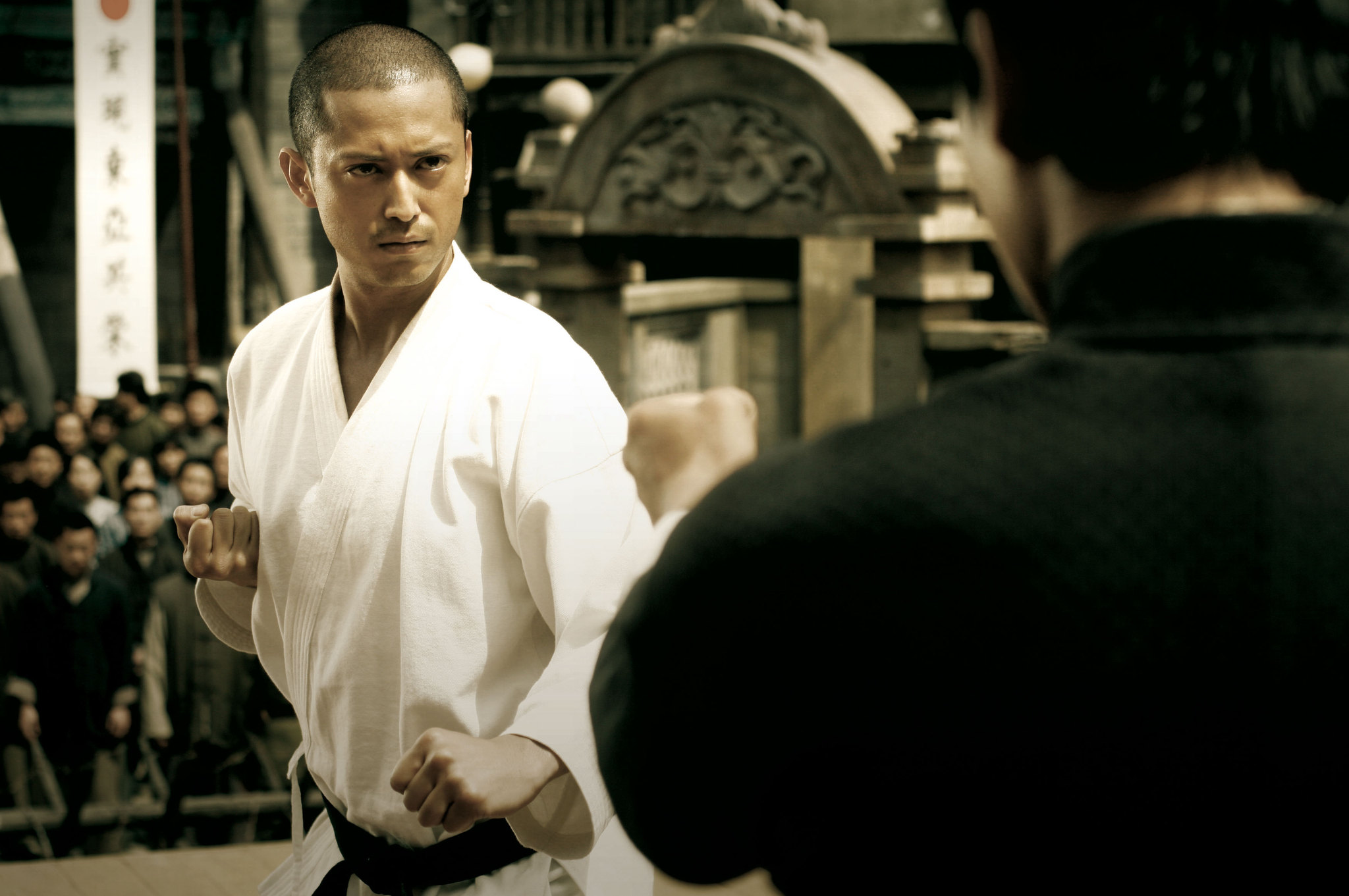
On the one hand, Ip Man is a dead-set generic martial arts film filled with spectacularly choreographed fight sequences, some luscious period production design, and a load of grunting, grimacing Asian men belting the living shit out of each other. On the other hand, Ip Man is a surprisingly moving wartime drama, overcoming a litany of tropes and storytelling tricks to feel somewhat authentic, even in the face of the film’s obviously rose-coloured gaze at its subject matter. Watching Donnie Yen kick Japanese ass with such jaw-dropping charisma and screen presence is an absolute joy, although part of me wishes the underlying story or characters had been a bit stronger, and it makes for a fascinating and rip-roaring action film in every sense.
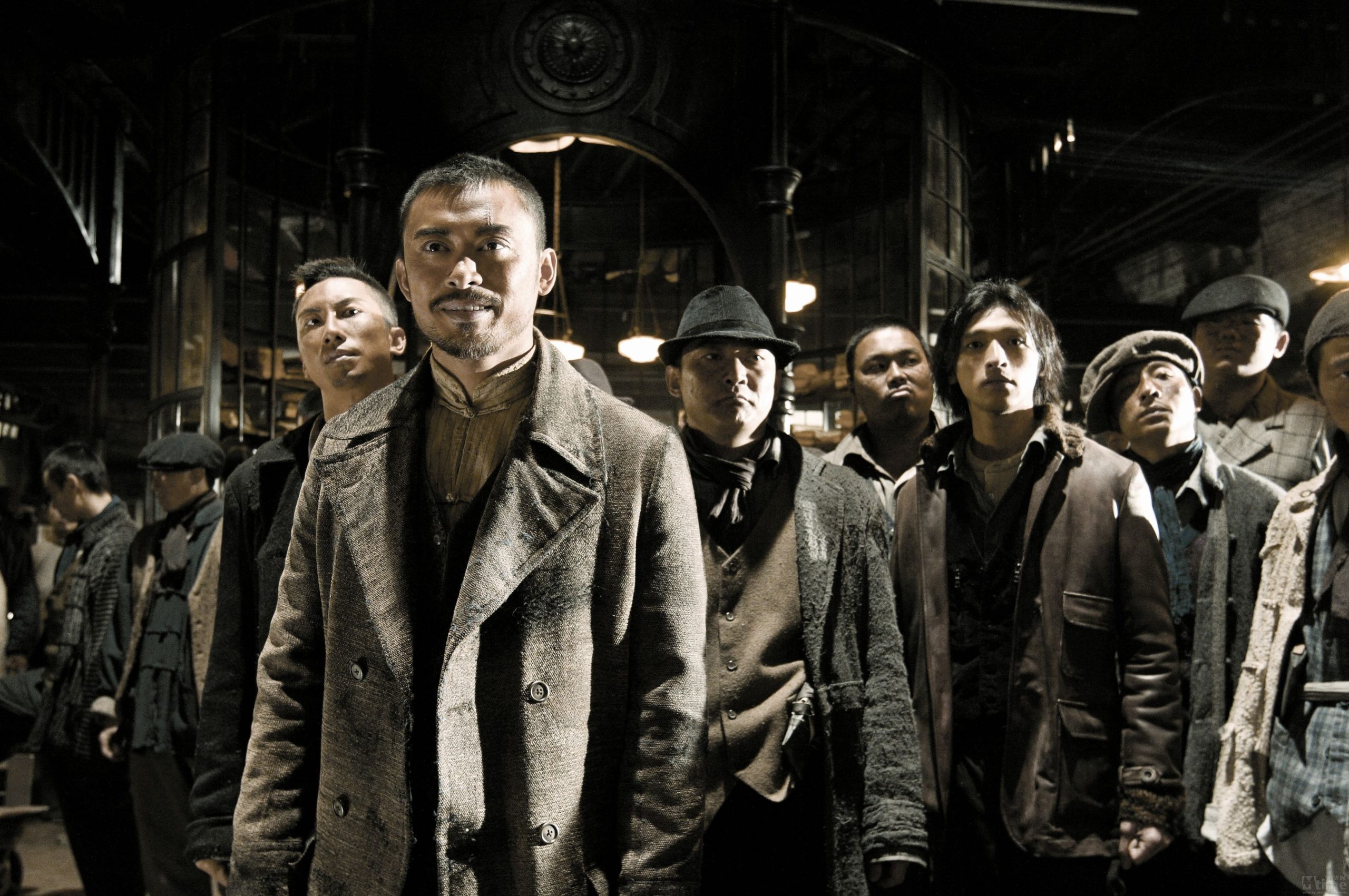
The film’s dot-point screenplay, by Edmond Wong and Chan Tai-lee, isn’t especially clever, but it does replicate several well-known aspects of the real Ip Man’s life, even if it all-too-obviously strengthens the positives in favour of a gleefully cheeky chop-socky affair of snapped bones, bloody noses and death-defying acrobatics. The story’s fitful pacing and simplistic ensemble characters allow for maximum ass-kicking, both with Donnie Yen’s stoic talent prodigiously glorified, and several beatdowns by the film’s other strongest element, Fan Siu-wong’s raggedly brutal Jin. Whenever Yen is on-screen in his supremely cool Ip Man costume (comprising a traditional Cheongsam robe and slippers) and doling out a bashing to those hoping to best him, Ip Man flat-out rules. When the film tries to extend itself into legitimate story and character beats, things stumble a bit, but the second-half of the film is easily the strongest part of the movie. Things move speedily from one moment to the next, which doesn’t allow enough time to really dwell in either the situation – war-torn China and the socio-political themes of 1940’s life at that point – or the characters – exactly why Ip Man’s wife is annoyed with him doing martial arts in the first act, and then kinda gives up on that subplot by the second act, it isn’t explained to my satisfaction – which makes for an unbalanced sense of narrative urgency at times.
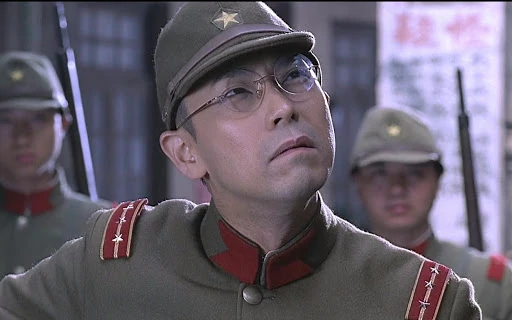
I forgive the film that, however, because when Donnie Yen does unleash on the various thugs, combatants and henchmen around him, he absolutely annihilates any pretence of weakness in his stature. The action sequences, almost all of which are brutal, bruising fight scenes, are jaw-dropping, and accompanied by the requisite thunderous audio mix of punches, slaps, whacks and the sound of crunching bones. Alternating between playfully silly and rage-fuelled bloodthirstiness, the fight scenes are choreographed supremely well by the legendary Sammo Hung, and offer both a glorious view of the prowess of the various fighters, but showcase just how acrobatic and beautiful this form of combat can truly be. Yen’s rapid-fire fisticuffs and almost resolute sense of occasion depict an Ip Man in full command of his faculties, a stone-cold headsmasher wanting only to live in peace with his family. As you might expect, anger does get the best of him at one point and he absolutely annihilates a platoon of Japanese soldiers in karate dress, but throughout the film Yen, as Ip Man, remains as calm as ever.
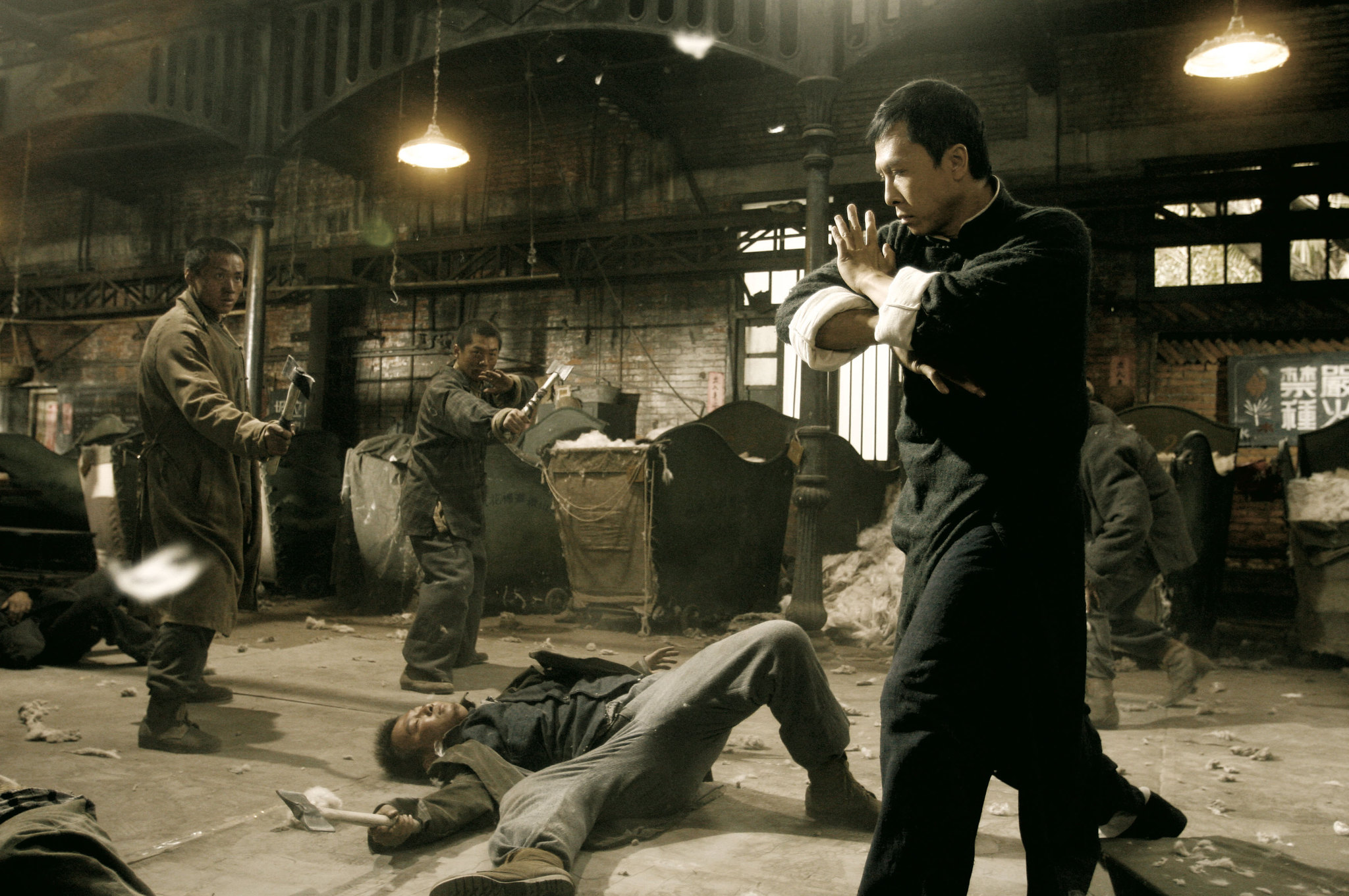
If nothing else, Ip Man is a propellant into exploring yet another aspect of world history I was largely unfamiliar with. Researching more on the Japanese invasion of China back in the day was an eye-opening thing, and quite the incendiary backdrop for Ip Man’s tragic tableau. Okay, the film plays a bit fast and loose with historical facts, but you really do get the sense that the filmmakers wanted to honour both the Chinese people and Ip Man himself and quite literally bent over backwards to ensure the film was as nostalgic for the character and period as it could be. Donnie Yen’s committed and hyper-stylised performance is the anchor to the clownish and deadly-serious performances around him – a variety of characters offer alternating viewpoints not just of Chinese life but the Japanese invasion as well – and he’s inarguably an absolute star. Ip Man is a combat-filmmakers delight; bloody brawling and incredible fight choreography, coupled with dynamic direction from Wilson Yip and his behind-the-camera superstars, make this an opening salvo to savour.
